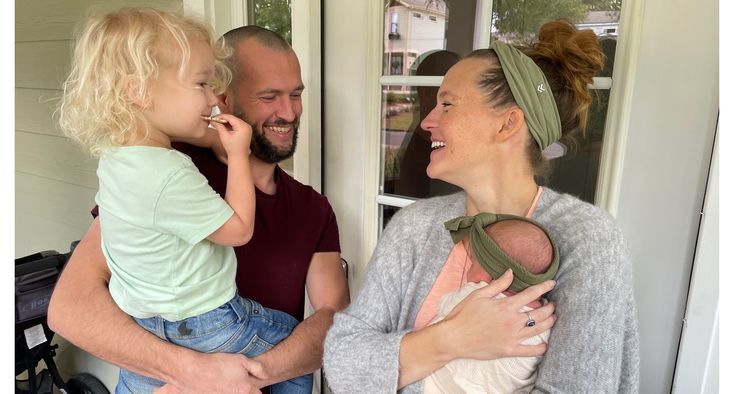
The dos and don'ts of juicing: A dietitian explains
Is there a right way and a wrong way to juice? A registered dietitian explains that the “healthy” habit may not deliver the benefits we expect.
Read MoreThe best of Healthy Headlines delivered straight to your inbox.
SubscribeWe see the whole you. Find the care that's right for you.

All information contained on this website is copyrighted and may not be reproduced without permission from Novant Health. Email: HealthyHeadlines@novanthealth.org

Is there a right way and a wrong way to juice? A registered dietitian explains that the “healthy” habit may not deliver the benefits we expect.
Read More
Countless doctors agree: If you could put exercise in pill form it would be the ultimate wonder-drug. And so: How much do you need? Which muscles should you focus on? How many daily steps increase your chances of living past 75? Take our quiz to find...
Read More
Battling a cold, RSV, flu, covid or other virus? Urgent care and walk-in clinic are likely to be far faster. Here’s what you need to know.
Read More
Here's how to pack and travel with your prescriptions.
Read More
Editor's note: This is one in a series of stories exploring the survivorship journeys of Novant Health Cancer Institute patients. You'll find all the stories here. We celebrate our survivors and share their stories to showcase how surviving - and ...
Read More
It was Sept. 29 and Courtney Mosser, of Black Mountain, North Carolina, was 40 weeks pregnant, due for her C-section that very day. The baby was breech. She was nervous. And now she had no idea how she was going to get to the hospital in Asheville ...
Read MoreThe best of Healthy Headlines delivered straight to your inbox.
SubscribeWe see the whole you. Find the care that's right for you.

All information contained on this website is copyrighted and may not be reproduced without permission from Novant Health. Email: HealthyHeadlines@novanthealth.org